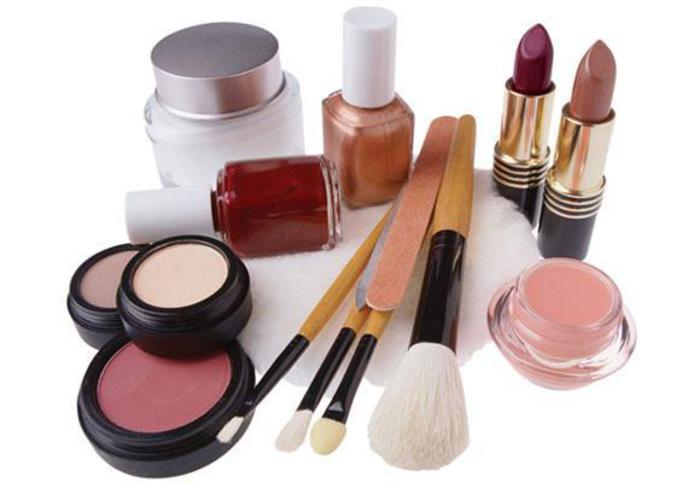"Some cosmetic products sold in Europe still contain excessive levels of fragrances that generate allergies": this is what we read in a study conducted by a network of specialized laboratories coordinated by EDQM (European Directorate for the Quality of Medicines and Health), organ of the Council of Europe.
Tests conducted between 2018 and 2020 on 932 cosmetics - products for skin, hair, lips, as well as deodorants and perfumes - showed that 7.7% do not comply with European legislation because the labels do not indicate allergenic perfumed compounds. present, or report lower doses of these substances.
In addition, the labs found that another 3.1% of 'fragrance-free' cosmetics contain scented compounds.
The most common problems that emerged during the tests concern the presence of linalool, benzyl alcohol and limonene, all substances which, according to the 2009 EU regulation on cosmetics, must be reported on the labels if their quantity exceeds a certain threshold.
Strasbourg indicates that the "least law-abiding" products are perfumes - 41% of those tested contained allergenic compounds.
"The presence of fragrance compounds in cosmetic products, combined with false claims about products sold as 'fragrance-free' pose a health hazard to consumers because these substances can cause severe allergic reactions," explains Edqm.
"Allergenic perfumed compounds are among the main causes of skin sensitization and correct labeling is a prerequisite for preventing allergic reactions", Strasbourg specifies.
"Ensuring that cosmetic products comply with the regulations is essential if potential health risks are to be avoided," says Susanne Keitel, Edqm director.
"The problems identified by this study demonstrate the need to continue to ensure close collaboration between the official laboratories for the control of cosmetics," adds Keitel.
The network of laboratories coordinated by the EDQM was created 10 years ago to increase consumer protection by strengthening the surveillance of cosmetics at European level.
Currently the network is made up of over 50 laboratories - structures in 21 EU countries participate, including Italy - which, through enhanced cooperation, are able to increase their analysis and control capacities.


/cloudfront-eu-central-1.images.arcpublishing.com/prisa/2YU22TQLBFE6RNDZLB44QR47GU.jpg)










